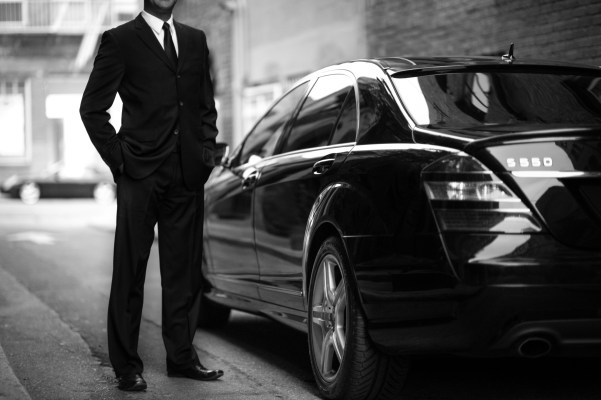A U.S. District Court judge has just handed some Uber drivers a win by concluding the ride-hailing company breached a contract pertaining to “Safe Rides” fees. In U.S. District Court Judge Yvonne Gonzales Rogers’ opinion on damages, she wrote “there is no question that drivers were financially harmed by Uber’s breach of contract.”
The lead plaintiffs, Matthew Clark, Ryan Cowden, Dominicus Rooijackers and Jason Rosenberg, sued Uber for $5 million in 2016 on behalf of 9,602 drivers who opted out of arbitration. However, the exact extent of the damages has not yet been determined.
The plaintiffs alleged Uber, despite saying it wouldn’t, took the “Safe Rides Fees” from the fares drivers charged riders on minimum fare rides between April 2014 and November 2015. The plaintiffs specifically alleged Uber breached its contract with drivers.
In her order yesterday, Rogers granted the drivers’ motion for summary judgment, saying, “Nothing in the Agreement provides a formula for Uber to deduct $1.00 from the Minimum Fare and then deduct another 20% from the balance. The fact that Uber chose not to follow the precise terms of the Agreement for the 19 months of the class period and is now attempting to rationalize its conduct is not relevant to the instant claim.”
She added that by Uber taking out the $1 Safe Ride fee from the minimum fare before paying drivers, the company “breached the plain terms of the Agreement.”
In a statement to TechCrunch, Uber said the company is reviewing the decision.
Judge Rogers also ruled all Uber drivers who signed a 2013, June 2014 or November 2014 agreement (or some combination of three), opted out of arbitration and completed at least one minimum fare ride for UberX when the Safe Rides Fee applied before November 16, 2015 are eligible to be part of the class.
Uber first added the $1 safe ride fee in April 2014 to help pay for its safety program, which includes driver training, background checks and vehicle inspections. But it wasn’t until November 16, 2015, the lawsuit alleges, that Uber updated its terms to notify drivers the fee would be taken from their minimum fares.
Here’s a key nugget from the original complaint:
After instituting the Safe Rides program, Uber’s Service Fee Schedules and published local fare webpages continued to show the fares that riders would pay, including a minimum fare, for each area. Consistent with its contract and its emails to drivers, those schedules and fare webpages also showed the new Safe Rides Fee as a separate surcharge for riders. Until approximately November 2015, nothing in Uber’s contract, schedules, emails, or fare webpages suggested that drivers would pay Uber’s Safe Rides Fee out of the driver’s own fares.
Despite the clear terms of its written contracts including Uber’s incorporated emailed promises that it would not do so — Uber took its Safe Rides Fee charges out of the drivers’ fares when drivers charged riders minimum fares. In other words, when a driver provided a minimum fare ride, Uber did not charge the Safe Rides Fees to the riders (as a separate surcharge), but, instead, charged that fee to the drivers by taking it from their fare.
This win for drivers comes a couple of years after Uber settled with riders over the Safe Rides fee. In 2016, Uber made a $28.5 million settlement with riders, who alleged in a class-action lawsuit that they should not have had to pay the fee because the company’s background checks were misleading and not “industry leading,” as Uber had previously claimed. The lawsuits also cited “unfortunate incidents” that had happened to passengers during Uber rides.
